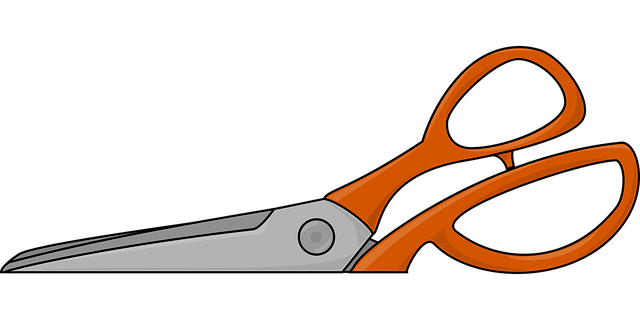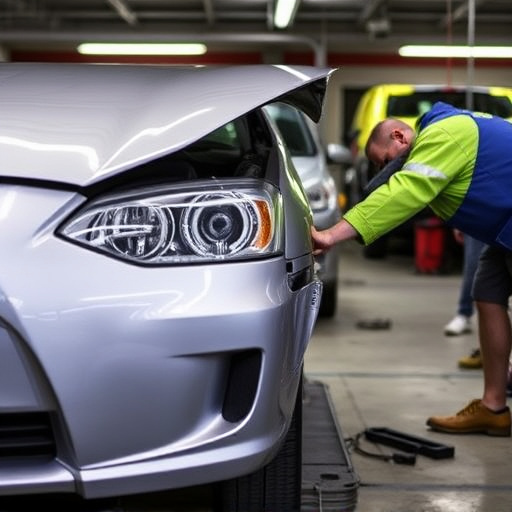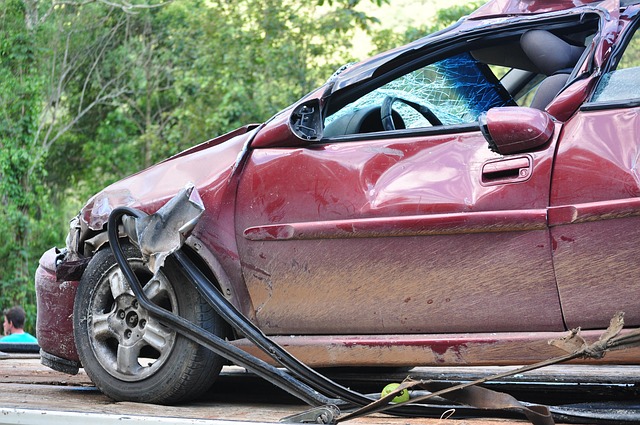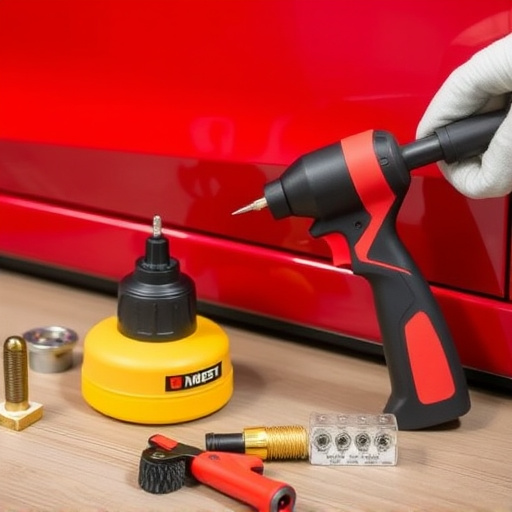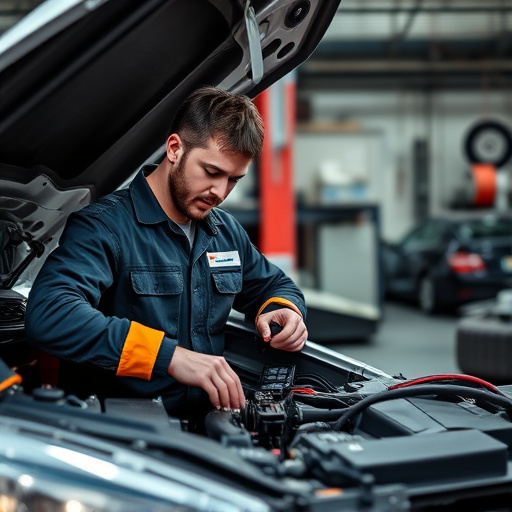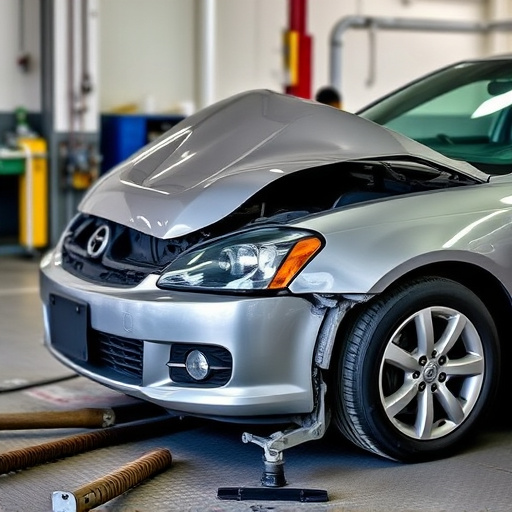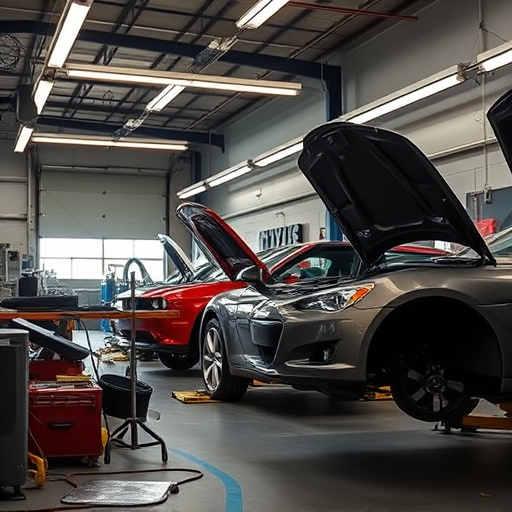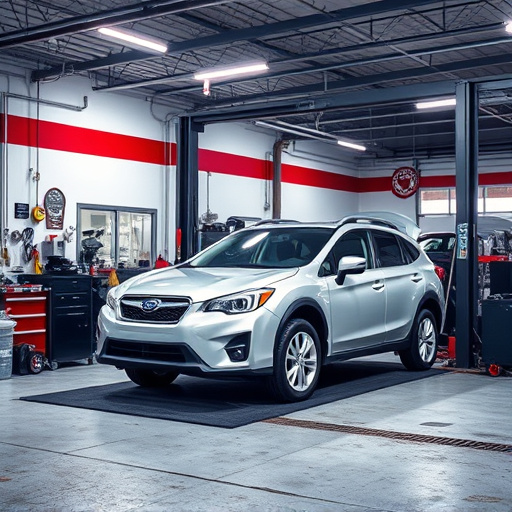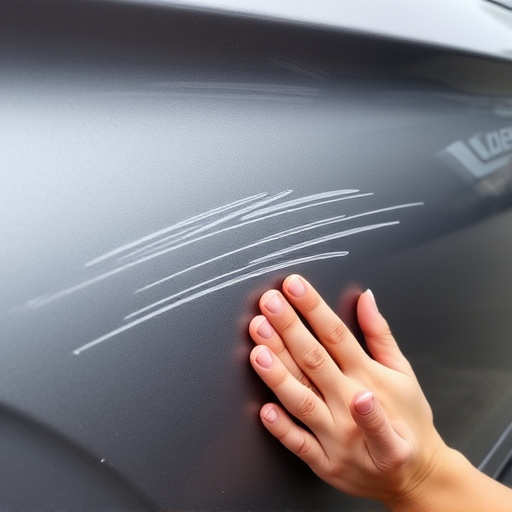After collision repair, thoroughly assess and maintain the AC system for optimal performance and driver comfort. Front-end damage can impact system integrity, requiring checks for leaks, disconnections, and component damage. Regular maintenance, including refrigerant level testing and filter cleaning, prevents future expenses and enhances vehicle value post-repairs.
After a collision, repairing your vehicle’s AC system is crucial for maintaining comfort and energy efficiency. This guide offers essential tips to ensure optimal performance post-repair. Firstly, assess any damage to the AC components, including the compressor, condenser, and refrigerant lines. Replace or reconfigure damaged parts to restore efficiency. Regular maintenance, such as cleaning filters and checking for leaks, is vital to prolonging the system’s lifespan. Following these steps will help you maintain a well-functioning AC system following collision repair, ensuring a comfortable ride for years to come.
- Assess AC System Damage After Collision Repair
- Replace or Reconfigure Components for Optimal Efficiency
- Regular Maintenance Tips for Longevity Post-Repair
Assess AC System Damage After Collision Repair
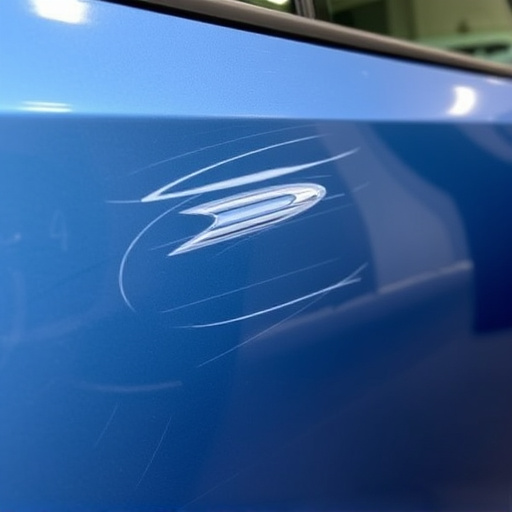
After collision repair, assessing the AC system’s health is a crucial step to ensure your vehicle’s cooling efficiency. Many automotive body shops will conduct a thorough inspection as part of their service, but it’s beneficial for folks to understand this process. When a car undergoes significant damage repair, especially involving the front end or engine compartment, the AC system could be impacted. Leaks, disconnections, or component damage are common issues.
During the evaluation, technicians will check for any signs of moisture or refrigerant leaks, inspect connections between components, and assess the condition of vital parts like condensers, evaporators, and the compressor. Identifying and rectifying these problems early ensures your AC system functions optimally post-repair, providing a cool driving experience without any additional car damage repair concerns.
Replace or Reconfigure Components for Optimal Efficiency

After a collision, it’s crucial to assess the impact on your vehicle’s AC system. While some damage may be visible, like dents or leaks, other components could be affected and require attention during auto repair near you. If the AC system was compromised during collision repair, replacing or reconfiguring parts is vital for restoring optimal efficiency.
Reconfiguring might involve recalibrating sensors or adjusting settings to ensure the AC operates at peak performance. For instance, a skilled automotive collision repair technician can fine-tune the refrigerant flow and compression to deliver the desired cooling effect. Remember, a well-maintained AC system not only ensures comfort but also prevents further damage by regulating internal temperatures during intense drives.
Regular Maintenance Tips for Longevity Post-Repair

Post-collision repair, maintaining your AC system’s efficiency is crucial for a comfortable driving experience and to avoid costly future repairs. Regular maintenance can significantly extend the lifespan of your air conditioning unit. Start by scheduling routine checks with your trusted auto body repair shop to ensure all components are functioning optimally. These inspections should include testing the refrigerant levels, checking for leaks, and inspecting the condenser coils for any blockages or damage.
Additionally, keeping your car’s filters clean is essential. Dust, dirt, and debris can accumulate over time, restricting airflow and reducing cooling efficiency. Regularly replacing or cleaning your AC filters, as recommended by the vehicle manufacturer, will ensure the system operates smoothly. Remember, a well-maintained AC system not only keeps you cool during hot summers but also adds value to your car, especially after an accident, when a reputable car dent repair service has worked its magic on your auto body repairs.
After collision repair, maintaining your vehicle’s AC efficiency is crucial. By thoroughly assessing any damage to the AC system and replacing or reconfiguring components as needed, you ensure optimal performance. Regular maintenance, including periodic inspections and timely repairs, will significantly extend the lifespan of your AC system, keeping you comfortable for years to come. Remember that a well-maintained AC system collision repair is beneficial not only for your comfort but also for fuel efficiency and overall vehicle health.

